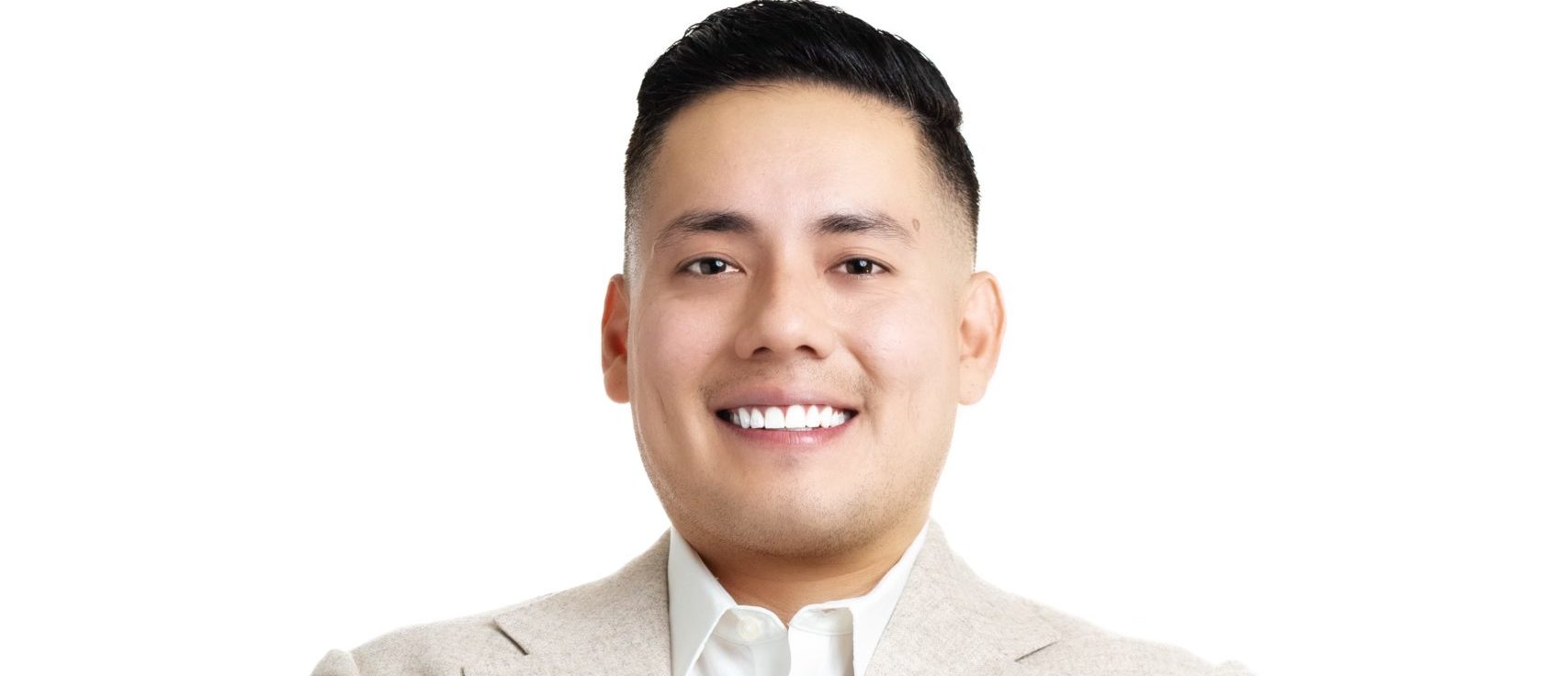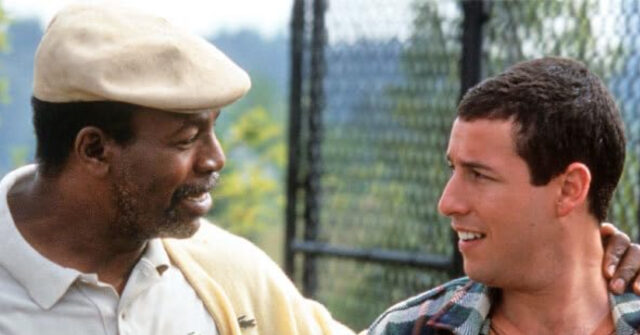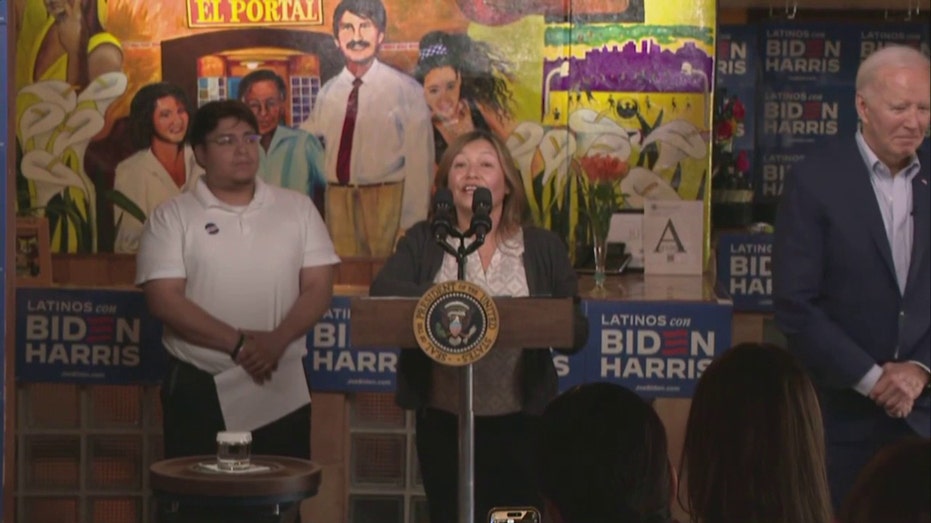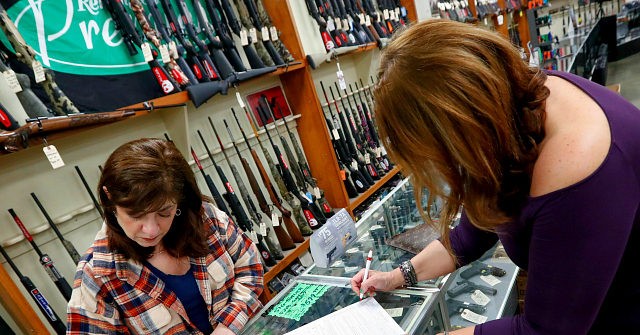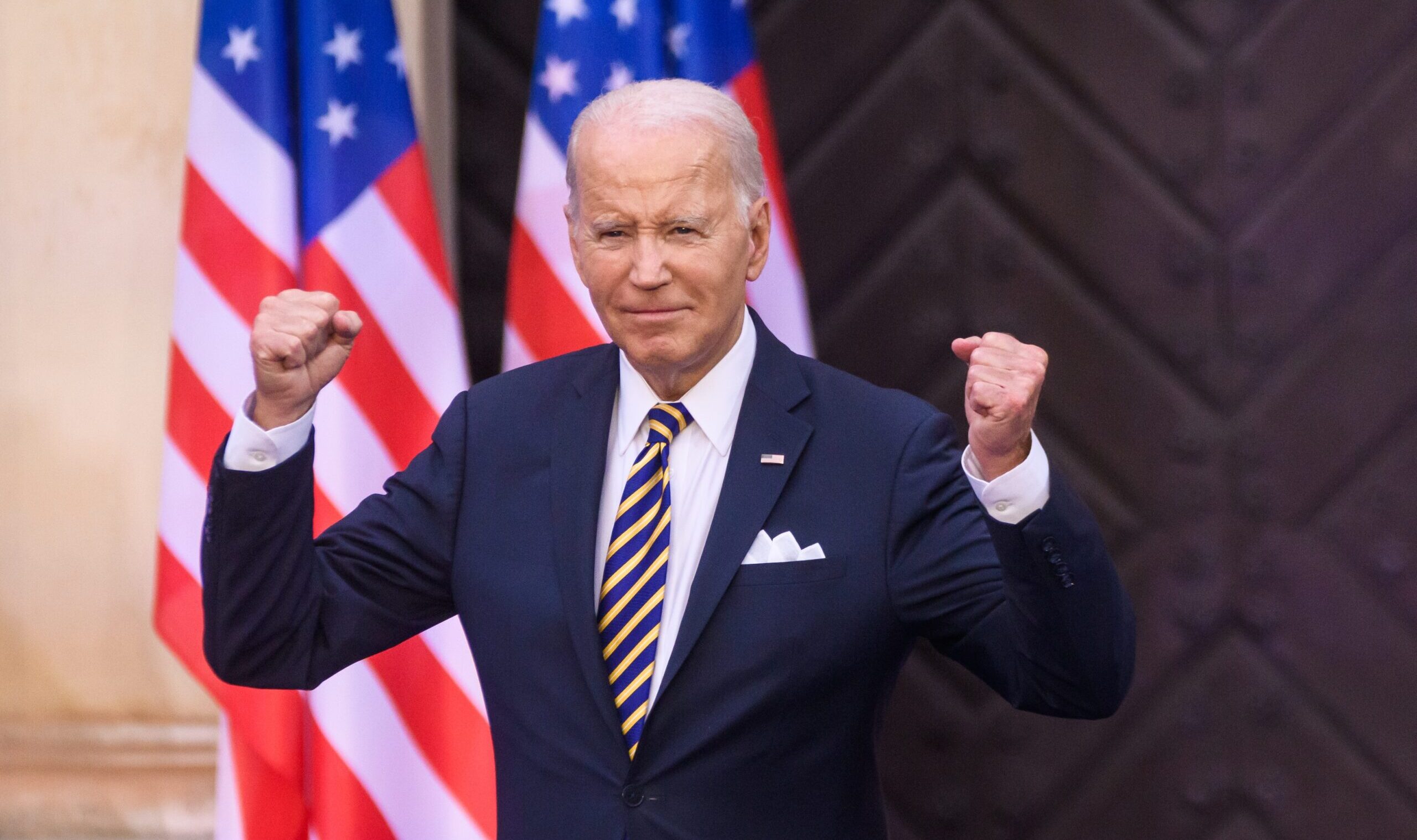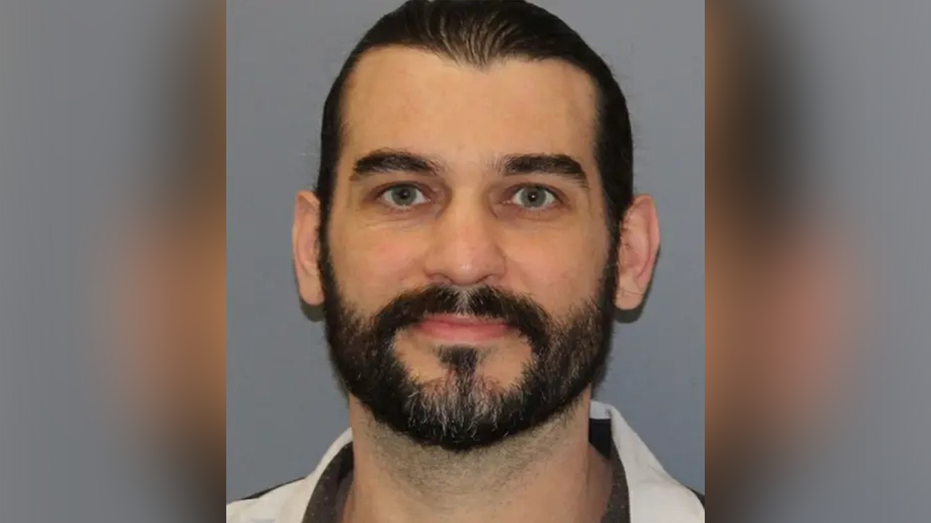TAC Bookshelf: Inside Burma’s Most Secretive Narcostate
State of the Union: Few Westerners ever get a glimpse inside Wa State, once the world’s biggest opium producer and now a major source of meth. The post TAC Bookshelf: Inside Burma’s Most Secretive Narcostate appeared first on The American Conservative.

TAC Bookshelf: Inside Burma’s Most Secretive Narcostate
State of the Union: Few Westerners ever get a glimpse inside Wa State, once the world’s biggest opium producer and now a major source of meth.
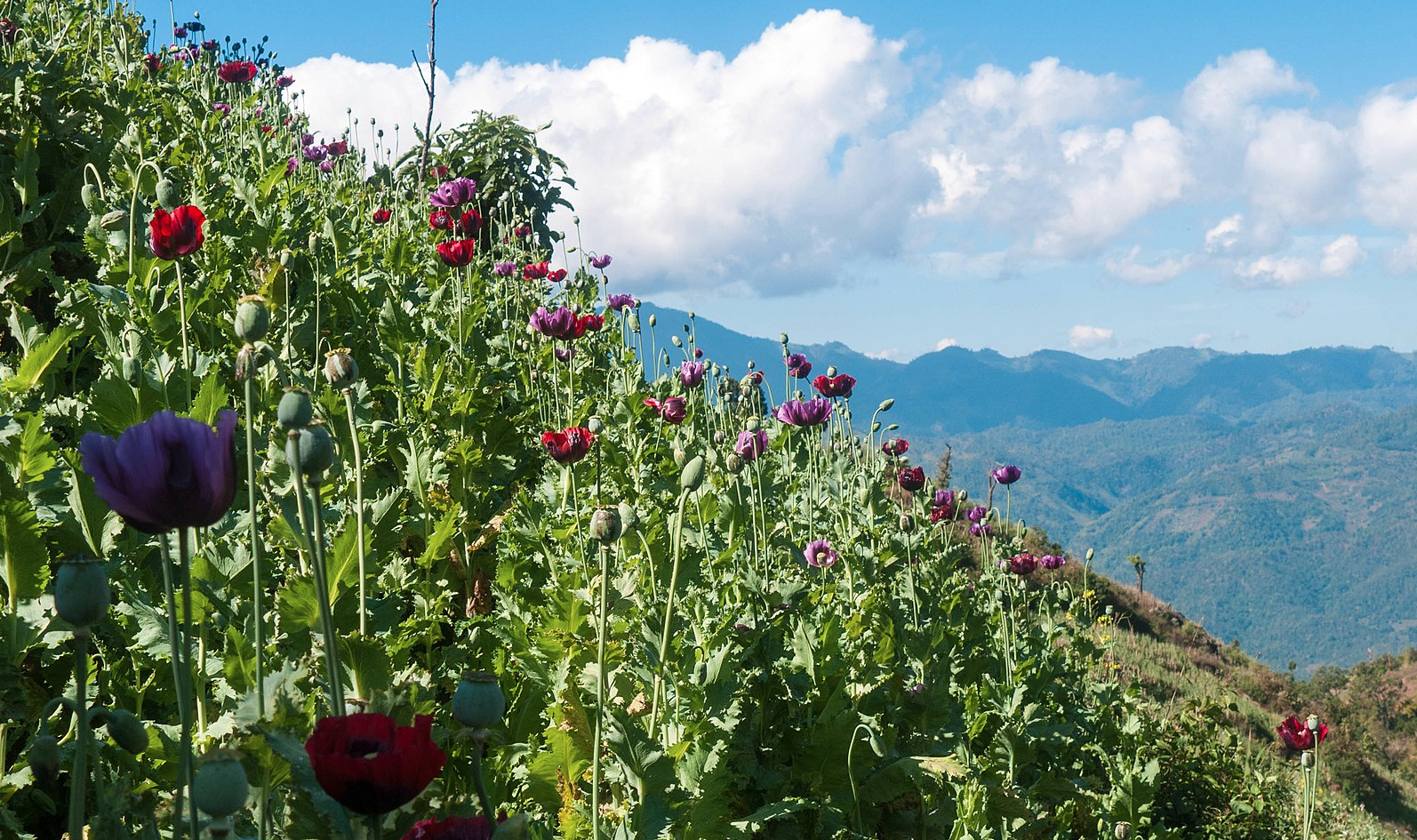
Helen Andrews, TAC Print Editor: If you browse WeChat posts from Wa State, the reclusive mountain enclave on the border between Burma and China, apparently it is full of pictures of modernist buildings with luxurious furnishings, fridges full of Lafite Rothschild, and other glamorous trappings of the drug kingpins’ high life. “They celebrate their investment victories with bear paw soup,” a source tells journalist Patrick Winn. “Then they post it to WeChat. It’s pangolins and stuff on there, all day long.”
Social media posts are the closest most outsiders will ever get to Wa State, which was notoriously insular even before the drug trade gave the inhabitants a reason to keep intruders out. Up until the 1960s, the Wa were headhunters, derided as savages by the lowland Burmese. Today, they have their own state within a state, including their own ministries of health and education and, of course, their own army.
Amazingly, Winn was able to visit the region (though not Wa State itself) and speak to a wide range of residents for his book Narcotopia: In Search of the Asian Drug Cartel that Survived the CIA. His best source was a man named Saw Lu, who spent his whole life in a futile quest to wean the Wa from their dependance on the drug trade. Saw Lu was raised in a village organized by American Baptist missionaries for their small community of Wa converts. He worked his way up to the position of foreign minister in Wa State’s self-declared autonomous government.
He was also a confidential informant for the Drug Enforcement Agency. In 1990, Burma supplied 60 percent of America’s heroin. The mountains where the Wa live are the perfect climate for opium, and the ungovernability of the Wa made it easy for them to grow vast quantities unmolested by the Burmese government.
Saw Lu realized that he could not ask his people to sacrifice their most lucrative export without getting something in return, so he came to the DEA with a proposal: Fund development in the Wa region, things like roads and schools and hospitals, and in exchange we will destroy our poppy fields.
The DEA was willing to take that deal, but unfortunately the State Department and others in Washington were more interested in using Burma as a rhetorical punching bag. Any development program would have had to go through the junta. In Washington’s eyes, any cooperation would amount to whitewashing the junta’s human rights record. Moral posturing got in the way of real progress in the drug war.
In the end, many of the Wa’s poppy fields were destroyed—but the cartels simply switched to manufacturing meth, which can be made in discreet labs that are undetectable from the air. They have even learned how to synthesize their own chemical precursors. Many of these gangs are Chinese crime syndicates that fled Xi Jinping’s crackdown on domestic drug production in 2010. As long as they don’t try to sell their product in China, Beijing tolerates their existence and supplies the Wa State with everything it needs to preserve its independence: guns, ammunition, fuel, even telecom infrastructure.
China and America both have narcostates on their southern borders. China has dealt with this by making some of them, like Wa State, into protectorates, on the condition that they keep their product out of the home market. That strategy has many downsides, which Winn presents in rich detail. Wa State is dysfunctional, its government is corrupt, and its children are badly educated. But can we honestly say that our strategy with Mexico works better?
Saw Lu died of Covid in 2021, before Winn finished his manuscript. Saw Lu never saw the book, just as he never saw the prosperous, drug-free Wa State that he worked so long to build. If it is hard for a person who gets hooked on drugs to give up that high, it is even harder for a state that gets hooked on drug profits to give them up as long as it pays better than honest work.
The post TAC Bookshelf: Inside Burma’s Most Secretive Narcostate appeared first on The American Conservative.
What's Your Reaction?








